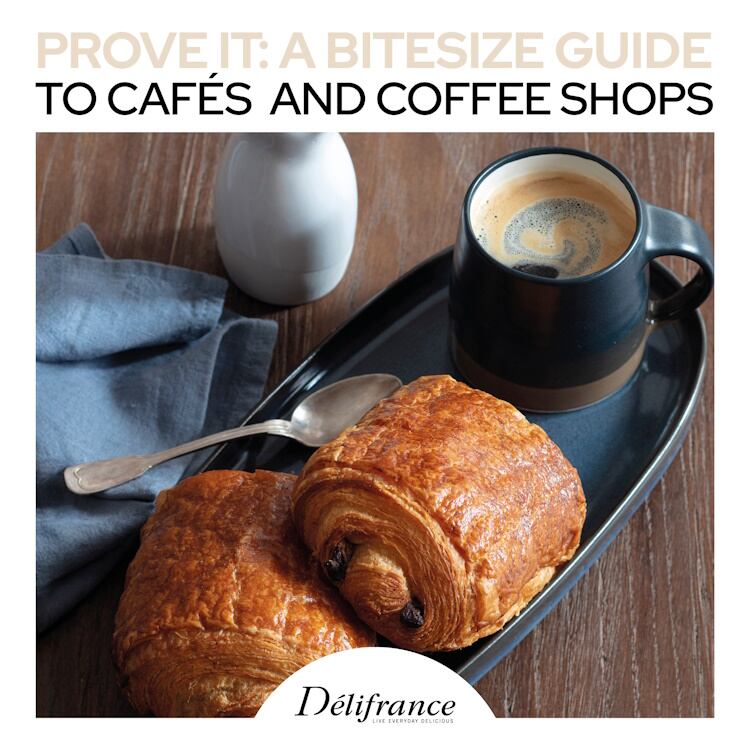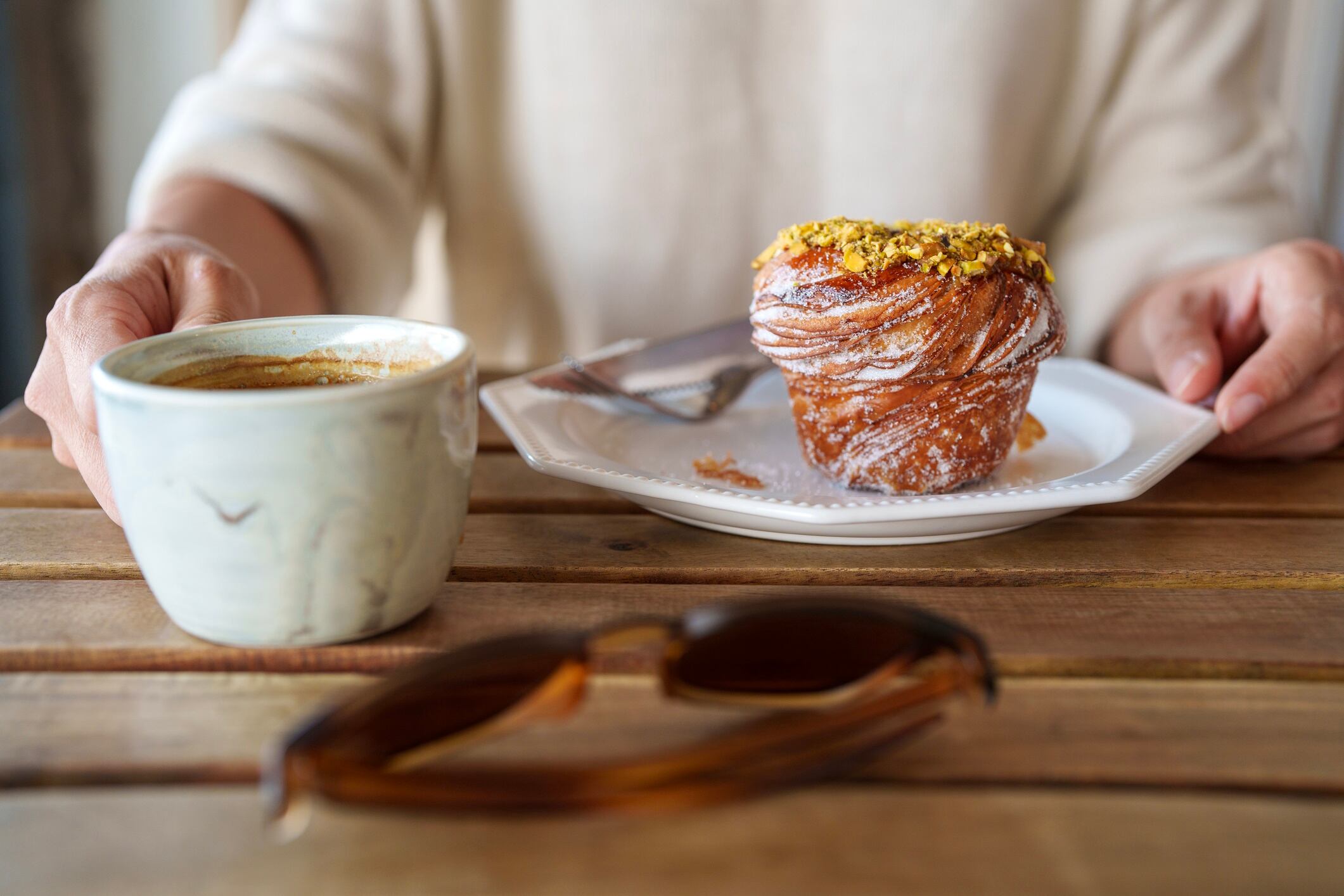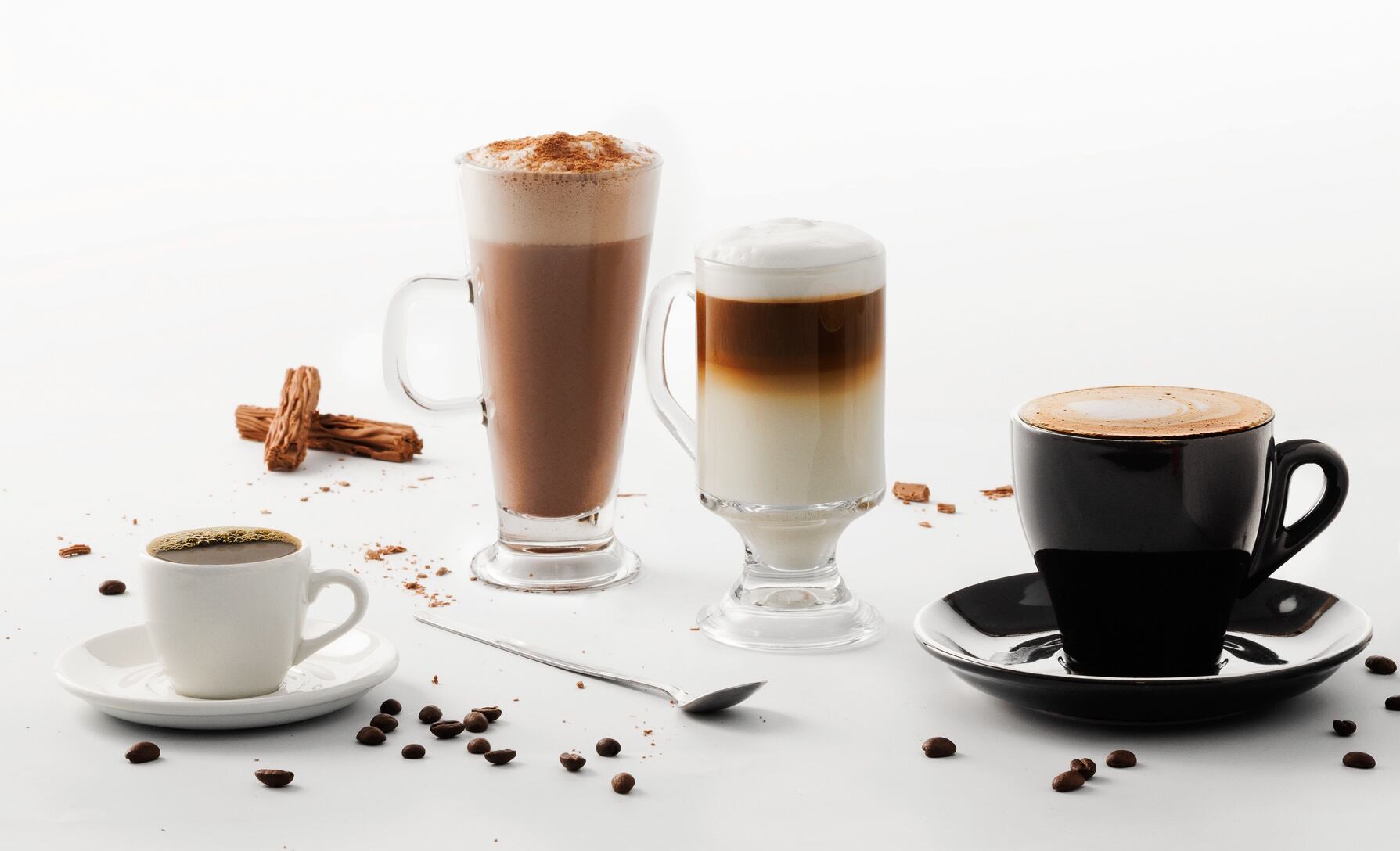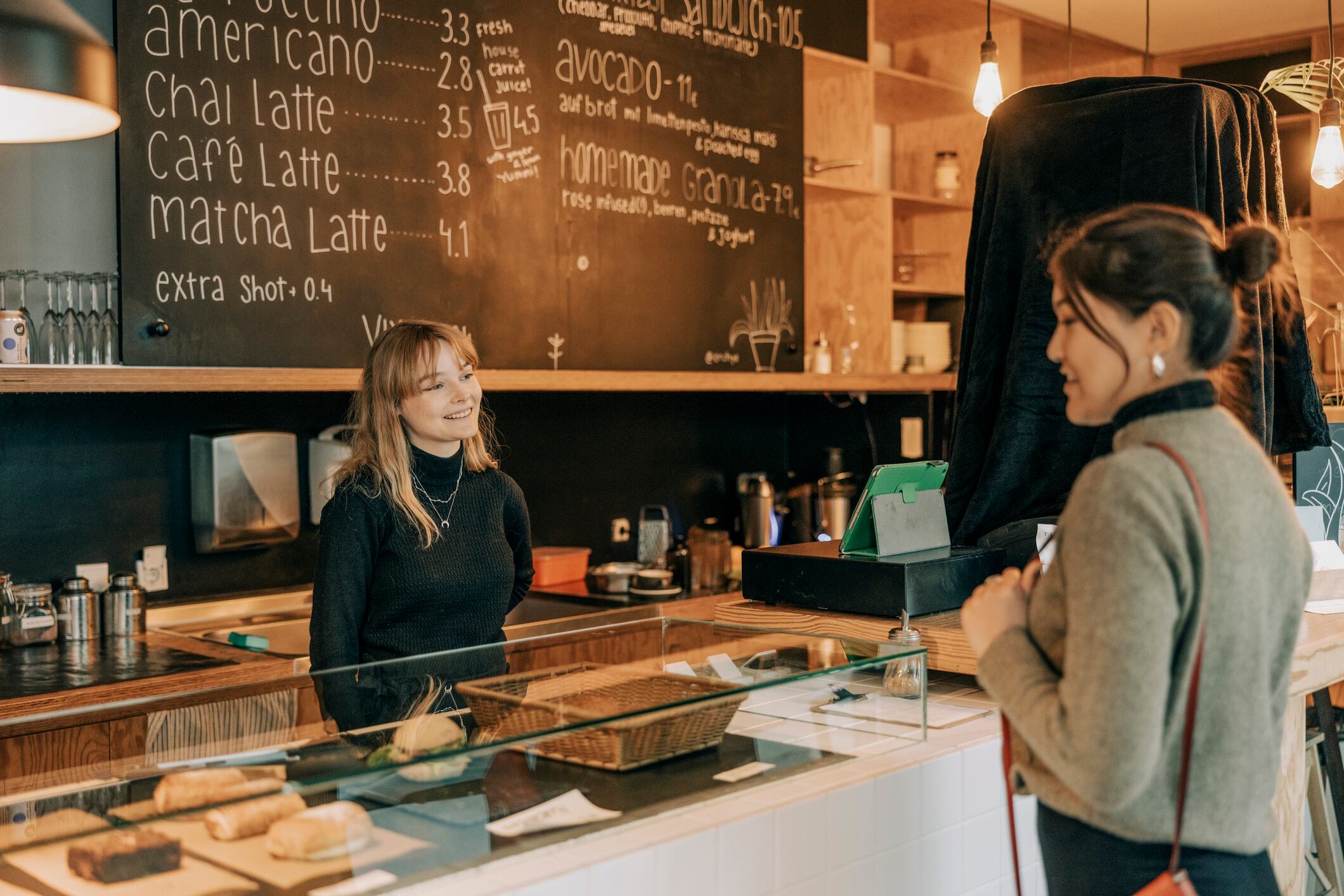It’s official: coffee has overtaken tea as Britain’s favourite hot drink. According to Kantar, Brits bought more than 533 million packs of coffee in the year to March 2023 – almost double the number of tea packs sold.
World Coffee Portal also reports that for every takeaway tea ordered, five coffees are purchased, highlighting just how dominant coffee has become in the on-the-go market.
This generational shift is backed up by YouGov polling, which shows that among under-35s, just 25% prefer tea compared to 37% who choose coffee – with a growing number favouring hot chocolate or other non-traditional drinks.
While tea remains part of Britain’s cultural fabric (around 63% still drink it daily, per YouGov), coffee is clearly leading the charge in today’s café culture.
And it’s not just about caffeine anymore. From oat flat whites to turmeric lattes and ceremonial matcha, coffee culture in the UK has morphed into a lifestyle - one tied to wellness, identity and connection. Cafés are no longer just refuelling stations; they’ve become informal offices, social lounges and creative hubs.

For operators, this evolution turns the café from a pit stop into a powerful engine for building loyalty and daily footfall. That context makes the new report from baked goods supplier Délifrance, Prove It: A Bitesize Guide to Coffee Shops, all the more timely.
The study explores what’s motivating today’s café-goers, what keeps them coming back and how producers can craft an offer that truly resonates in a crowded and ever-shifting market.
The food factor

Let’s get one thing straight: we may call them coffee shops, but it’s the food that seals the deal for most people.
According to Délifrance’s research, 62% of consumers say food quality is their top reason for picking a café, outranking even value for money and convenience. That means croissants, toasties and sweet treats aren’t just sides – they’re stars in their own right.
Sandwiches, wraps and paninis take the top spot (72%), with sweet bakery (64%) and savoury bakes (62%) not far behind.
Loyalty is strong but flexible. Sure, 58% of Brits visit coffee shops at least once a week and 9% go daily. But nearly everyone (92%) is open to trying somewhere new. That creates a big opportunity for operators willing to innovate on menus and atmosphere. If you’re offering great food and a smooth experience, customers are ready to jump ship.
“Cafés and coffee shops already play a major role in UK society – and ongoing market trends, such as younger consumers drinking less alcohol, mean that role is set to grow even larger in the future,” says Délifrance marketing & innovation director UK&I Stéphanie Brillouet.
“This will bring new opportunities for operators but also increased competition, making it more important than ever to ensure they have the right offer. That means selling the fresh and consistent food and drink their customers want, in the most suitable formats and at the time of day that suits their lifestyle.”
Who’s winning Britain’s coffee game?
With more than 11,500 branded coffee shops across the UK – that number is expected to hit 13,000 by 2030, according to Allegra World Coffee Portal – there’s no shortage of caffeine on the high street. But who’s really nailing the formula?
Costa Coffee is still the big dog, with over 2,000 UK outlets and 40 million users last year. Starbucks, while still a heavyweight with over 1,000 shops and roughly £1.2bn in revenue, is starting to feel the squeeze. Its footfall dropped 4% recently, suggesting that familiarity may not be enough in a market buzzing with choice. Pret A Manger, meanwhile, continues its expansion across suburban and travel locations, powered by a menu that feels both fresh and functional.
But it’s not all about the usual suspects. Up-and-comers like Blank Street are stirring the pot. The New York-born brand saw a massive 517% jump in UK turnover last year, thanks to its small-format stores, slick branding and a matcha-forward drinks list that’s bang on trend. Then there’s Jenki, which has built a cult following around ceremonial-grade matcha and holistic wellness messaging - offering a very different kind of buzz.
Esquires Coffee, part of the Cooks Coffee Co. group, is also carving out space in the suburbs. With a strategy tailored to remote and hybrid working patterns (WFH), its community-focused cafés invite longer visits and put food front and centre.
Coffee culture: A daily and diverse ritual

Let’s talk numbers. Brits now drink around 98 million cups of coffee a day, or 528 cups per person per year. That’s a lot of mugs and a clear signal that coffee isn’t just a treat anymore, it’s a daily essential.
But what’s in the cup is changing. From matcha lattes and cold brews to adaptogenic blends and plant-based milks, today’s café drinks menu is getting a serious glow-up. For younger consumers in particular, wellness, sustainability and shareability all matter - and it’s no surprise that drinks need to look just as good on Instagram as they taste.
That’s why Délifrance is encouraging operators to think globally when it comes to menu development. The Paris-based bakery specialist draws on international culinary influences - think bánh mì baguettes, Mediterranean-style wraps and Middle Eastern-inspired savouries – that are increasingly finding their way into UK cafés. These globally inspired flavours not only help diversify the offer but give operators a fresh, exciting way to stand out in a crowded market.
Lessons from the London Coffee Festival
There’s no better place to soak up the buzz of Britain’s café culture than the London Coffee Festival. Hosted by William Reed each spring in the capital, it’s part trade fair, part sensory overload and 100% a goldmine for anyone serious about java.
This year’s festival had it all: global roasters showcasing experimental beans, baristas pulling perfect shots in intense competitions and plenty of new flavour trends brewing. Functional wellness drinks – matcha, mushroom coffee, turmeric blends – were everywhere, proving that cafés are diversifying well beyond your standard Americano.
Start-ups like Blank Street and Jenki stood out for their slick, social-first branding and youthful energy. Their pop-ups weren’t just about drinks – they were a lifestyle pitch, wrapped in pastel colours and backed by clever tech. Meanwhile, bigger names used the event to show off new equipment and digital tools, including AI-powered espresso machines and loyalty-integrated apps.
How to stay ahead of the brew

Start by rethinking food. Freshness, portability and quality are key, but there’s room to have fun with flavours too. Globally inspired items, seasonal specials and clever use of surplus can all help keep menus exciting while minimising waste.
Consider your format, too. From drive-thru’s to neighbourhood nooks, it pays to meet customers where they are – especially as hybrid working habits evolve. Loyalty programmes, digital pre-ordering and eco-conscious packaging are now part of the standard toolkit.
And don’t forget the power of a good story. Whether you’re serving up sourdough sandwiches or pistachio pain au chocolat, give your food a narrative. Customers want to feel connected to what they’re buying and a bit of transparency around sourcing or sustainability can go a long way.
Britain’s café scene is buzzing and there’s no sign of a slowdown. As consumer habits shift and competition heats up, it’s clear that success will go to the operators who serve more than just coffee. Think bold flavour, clever formats and a food offer that’s as compelling as your drinks list.


